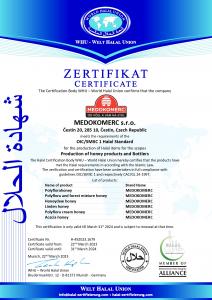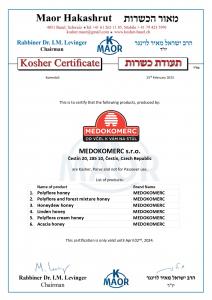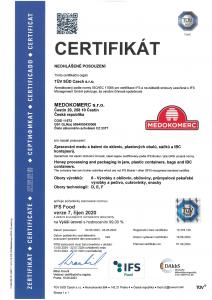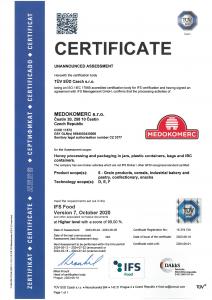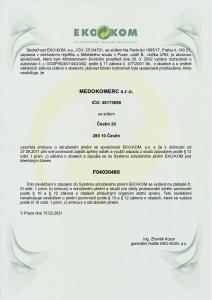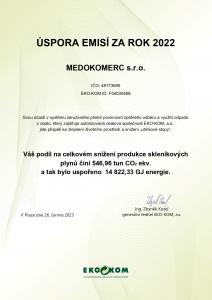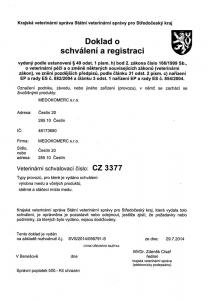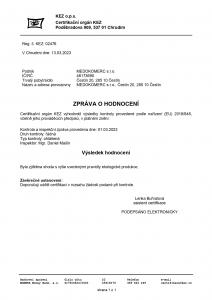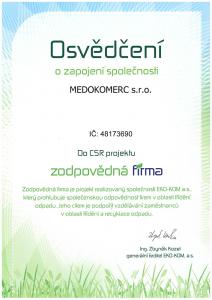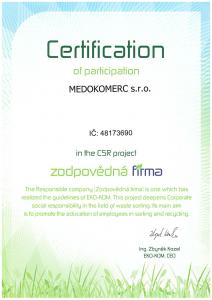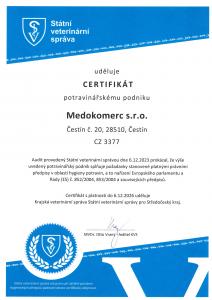The quality of our honey
Since 1993, we have been trying to select only the best honey for you. In order to be able to provide you with the finest quality, we buy honey directly from beekeepers not only from the Czech Republic, but also from all over Europe and also South America.
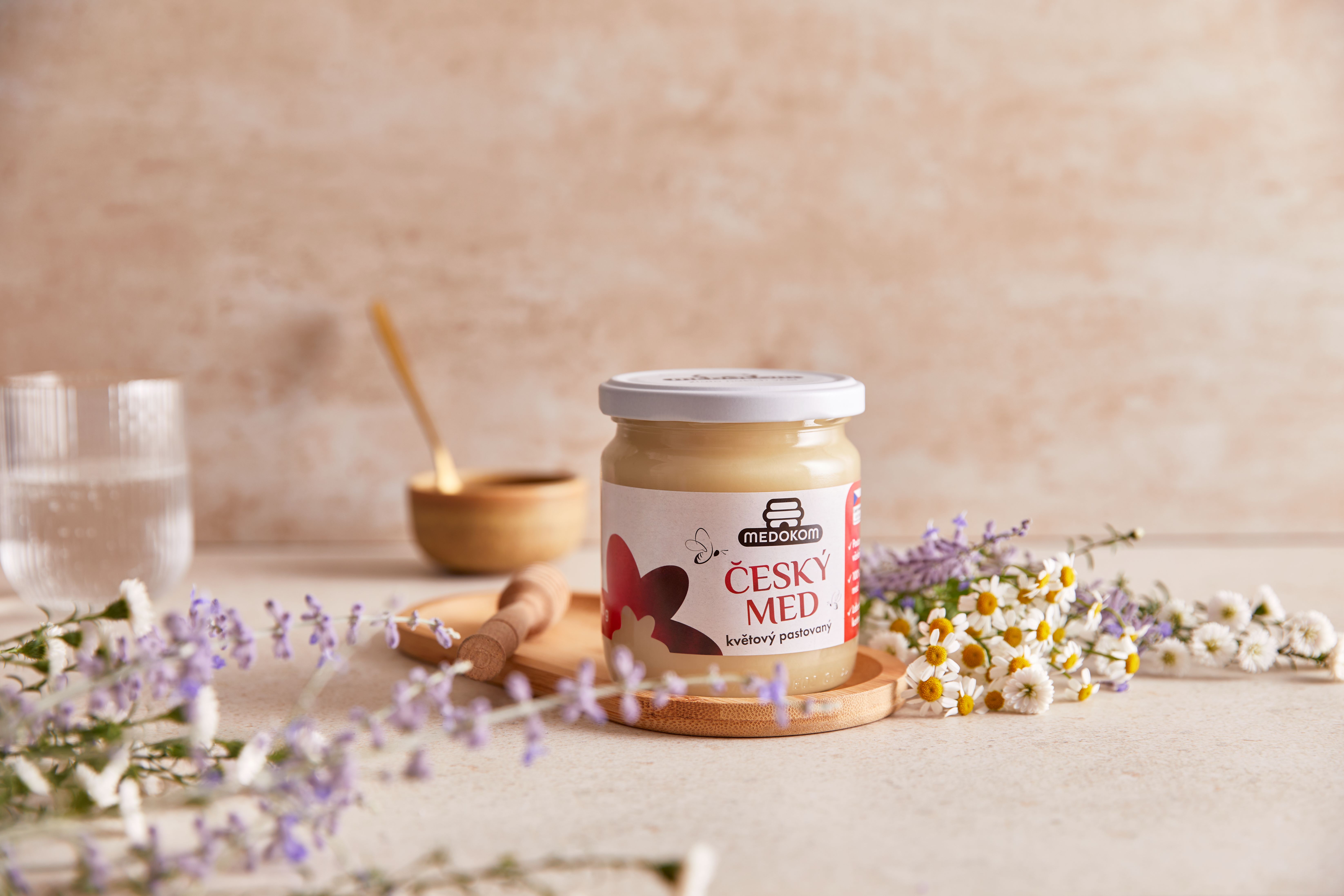
Honey quality
Honey is a purely natural product and that is why we try to process it with as much care as possible – so that it retains all the precious substances nature and bees have bestowed on it. To achieve this, we have conformed the entire production process to this philosophy – starting with correct storage in dry and cool warehouses, through carefully melting the honeys into a liquid state, removing mechanical impurities, unifying colours, fragrances and tastes in accordance with our strict standards, and ending with the actual packaging or bottling of the honeys into consumer containers in which – always fresh honeys – get to you.
The quality of honeys can be considered from several points of view:
- organoleptic properties (colour, fragrance and taste of honey)
Consumers view taste as being one of the most important qualitative parameters. It is no exaggeration to say that no other natural food has such a range of various tastes. Honey is a product the basis of which is always nectar from flowers and plants that is collected by bees in nature. Like diversity of nature, like diversity of types of honeys. Consumers prefer monofloral honeys that are distinctive mainly for their specific taste. Monofloral honeys include acacia, lime, colza, fir, chestnut, spruce heather, eucalyptus, sourwood, buckwheat, fennel, sunflower, clover, orange blossoms, lavender, manuka, coffee and many many more honey types. Most of these honeys do not come from the Czech Republic. We purchase and process only Czech honeys or such types that are identical or at least very similar in taste to those Czech honeys purchased. The colours of honey depend on the colours of the nectar that is found in the flowers of plants. Polyfloral honey, also known as wildflower honey, is lighter in colour compared to honeydew honey, which is usually darker. The colour of honeydew honeys is caused by the pigments contained in the sap of woody plants. Honey aroma depends mainly on how old the honey is and it gradually grows weaker. So it is important to properly seal the containers in which honey is kept. - physical and chemical properties (content of water, enzymes and HMF in honey, acid content, crystallization, etc.)
By analysing the physical and chemical properties of honeys we check whether they have been handled with care starting from the moment they were extracted by the beekeeper, through to their storage and processing to their being supplied to the sales network. We check water content, enzyme content, HMF content and further physical and chemical parameters such as electrical conductivity, acidity and the content of individual monosaccharides. All analyses serve to establish whether the purchased honeys are really of the finest quality and, thus, suitable for our production. - microbiologic properties (yeast and spore content)
We use microbiology to check whether the honeys we purchase are ripe. Ripe honey has self-preserving properties and will not allow any yeast or microorganisms found all around us to set in. Honey does however contain hydrogen peroxide, which possesses significant antimicrobial properties.
Another qualitative parameter viewed by consumers as being important is crystallization. The marketability of crystallized products is close to zero and that is why we try to ensure that our products stay in a liquid form as long as possible. This is possible depending on the suitable composition of the honeys and that is why we import honeys with a naturally higher fructose content. It takes very long for these honeys to crystallize; some of them don’t crystallize at all. By blending Czech honeys with these honeys we can delay the crystallization of the final product.
Much attention is also directed at checking for the presence of antibiotics. Antibiotics in honey are strictly prohibited and modern laboratory equipment can detect trace amounts of antibiotics in honey that are 100x less than the trace amounts of antibiotics permitted in other foods of animal origin (meat, milk, eggs, etc.). Thus, it may be said without exaggerating that not only do packaged or bottled honeys not contain any antibiotics but they may also be considered to be some sort of medicine given their composition and properties.
We run honey through three-step testing
- Step 1: We test the raw honeys purchased from our suppliers. We purchase honeys from time-proven beekeepers; honey quality is tested in each delivery. Our prime European suppliers of honey are beekeepers from the Czech Republic, Slovakia, Bulgaria, Ukraine and Spain. We also buy honey from beekeepers in Chile, Uruguay and Argentina. We test, on delivery, all these honeys in terms of physical and chemical parameters, antibiotics and fake honey. Testing is conducted at honey testing laboratories in Germany.
- Step 2: We test processed honey prior to packaging or bottling. First, raw honey is carefully liquefied and then it is blended with several types of honey so that we get a honey blend that has more or less the same colour, taste and aroma and which most suits customer needs. Honey blends prepared in this way are then carefully liquefied, foam (if any) is removed, cooled and placed in storage tanks. From here the honey is then packaged or bottled in consumer containers. In this way we check whether the honey was treated with care during processing - we continuously take samples and test them immediately in our laboratory.
- Step 3: We test finished products that were filled by a fully automatic packaging line. In this way the honeys are not exposed to any excessive heat and, thus, the highest content levels possible of vitamins, enzymes and amino acids are preserved. This last outbound check is also conducted in foreign laboratories that specialize in honey testing (QSI, Intertek, Applica, etc.).
The advantage of MEDOKOMERC packaged honeys in shops
- Our honeys have all passed three-step testing conducted by laboratories that guarantee the finest quality from the point of view of physical, chemical and microbiological properties.
- Our honeys have a stable colour, taste and aroma, which local beekeepers are unable to keep stable during the course of the year and which not always suits customers. By buying honeys bearing our trademark in shops you can be sure that you will again be able to buy the same product as you did last time and which suited your needs in terms of taste, aroma and colour.
- Our honeys are perfectly pure and without any foam. You will never find any bits of wax, bee parts, mechanical impurities, foam or the like in our honeys.
- State-of-the-art technology is used to remove any future centres of crystals in MEDOKOMERC packaged honeys sold within the trade network. Unlike honeys purchased directly from beekeepers, our honeys remain in a liquid state far longer – actually, up to five months after the date of production.
